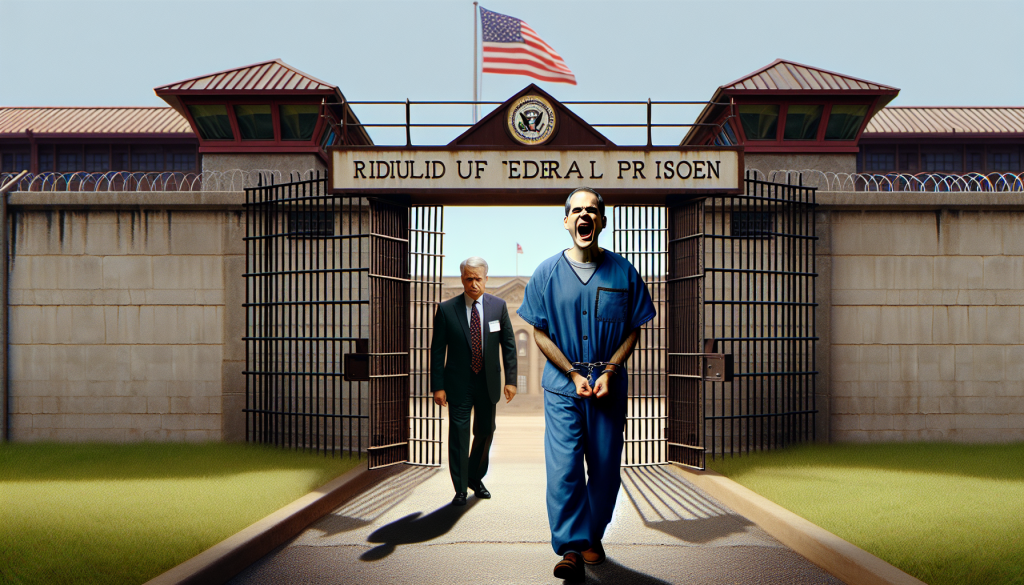Key Points
- Ross Ulbricht, the founder of the Silk Road darknet marketplace, has been pardoned by President Trump.
- Trump announced the pardon on his social media platform, Truth Social, in honor of the Libertarian Movement’s support.
Ross Ulbricht, the mind behind the infamous Silk Road, has received a full pardon from President Donald Trump.
On January 22, Trump made the announcement on his personal social media platform, Truth Social. He stated that the pardon was in recognition of the Libertarian Movement that backed his successful bid for the 47th U.S. presidency, and as a result, Ulbricht was granted his freedom.
Trump’s Criticism of the Justice System
In addition to the pardon, Trump also voiced his disapproval of the justice system. He referred to those who convicted Ulbricht as “lunatics” and labeled Ulbricht’s life sentence plus an additional 40 years as “ridiculous”. Ulbricht was sentenced to life without parole for his involvement in the creation and operation of Silk Road.
Silk Road, which was active from 2011 to 2013, was a darknet marketplace infamously referred to as the “eBay for drugs”. The platform enabled anonymous transactions of illegal goods and services, mainly drugs, using Bitcoin (BTC).
Silk Road’s Influence on Bitcoin
At the time, Bitcoin was relatively unknown outside of specific computer circles, and Silk Road played a pivotal role in increasing public awareness of the cryptocurrency.
In February 2015, Ross Ulbricht was convicted for running Silk Road. He was given two life sentences for facilitating almost $183 million in illegal drug transactions.
Silk Road was shut down by the FBI in October 2013, following an extensive investigation involving cybercrime experts and undercover agents. The key to the shutdown was identifying Ross Ulbricht, who was using the alias “Dread Pirate Roberts”.
Authorities managed to track Ulbricht through his online activities, including mistakes he made in forum threads discussing Silk Road and the use of an email address connected to his real identity.
The investigation made a significant breakthrough when investigators gained access to Silk Road’s servers, which contained a wealth of evidence, including transaction logs and private messages implicating Ulbricht. He was arrested at a public library in San Francisco, where FBI agents found him accessing the platform’s back-end server.
Although Ulbricht confessed to creating Silk Road, he claimed that he had given up control of the site by the time of his arrest and was merely a “fall guy” who took the blame after being discovered.
